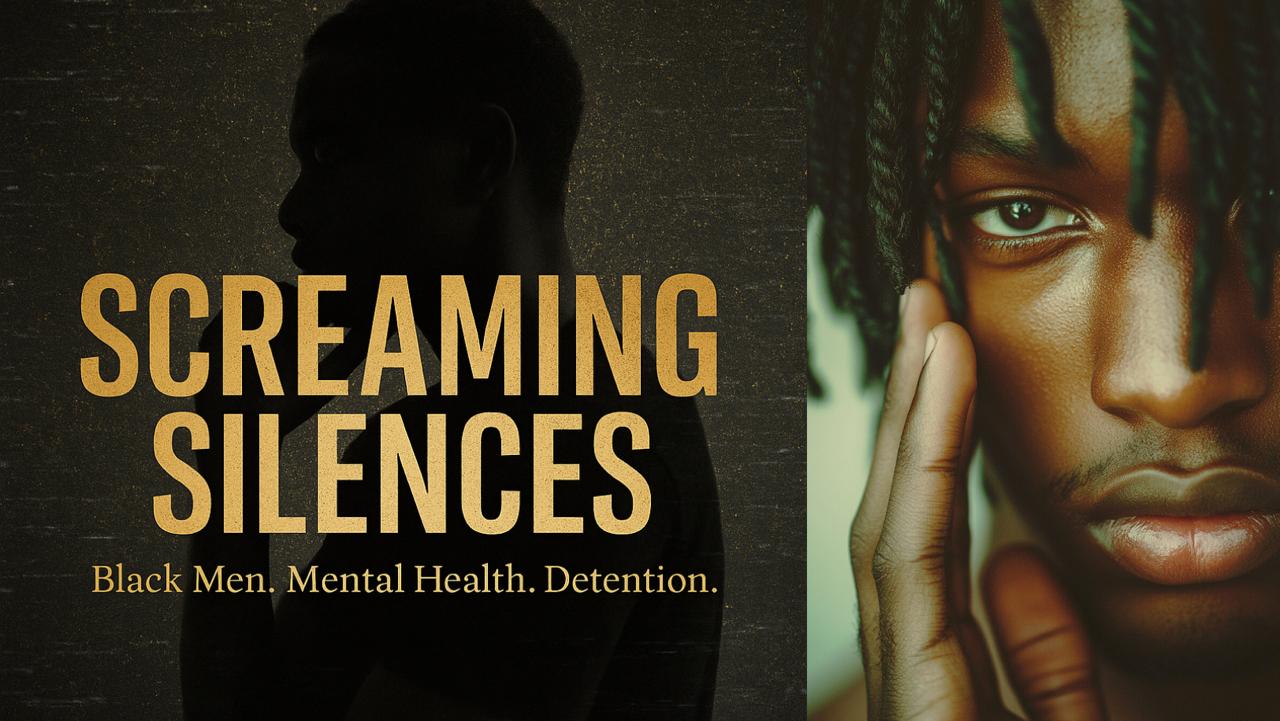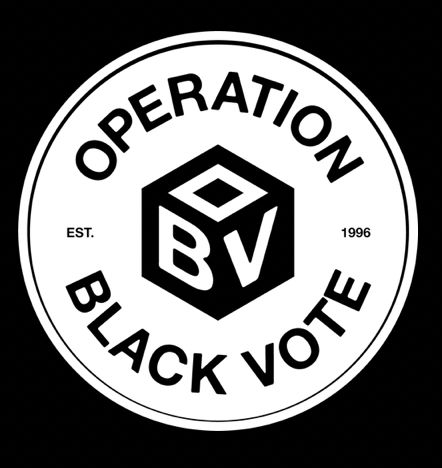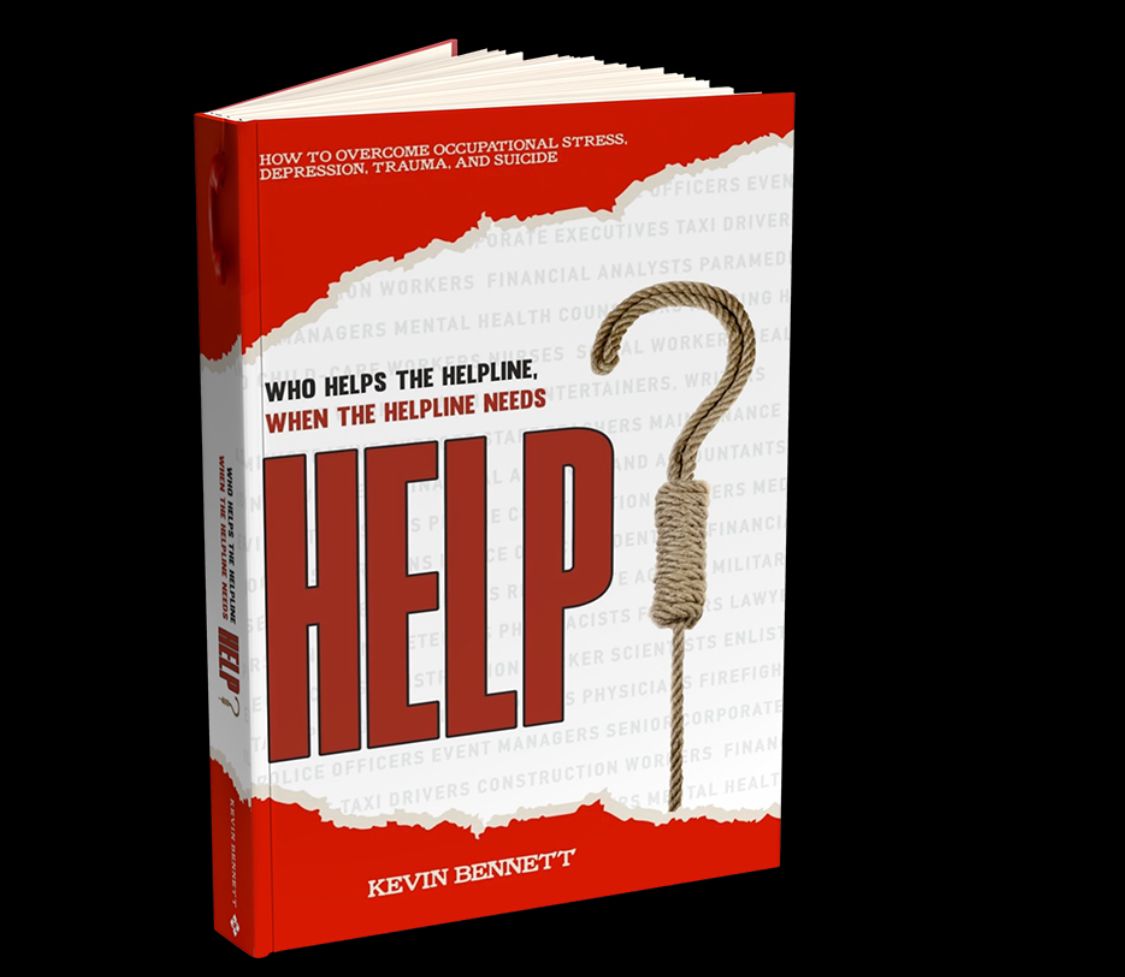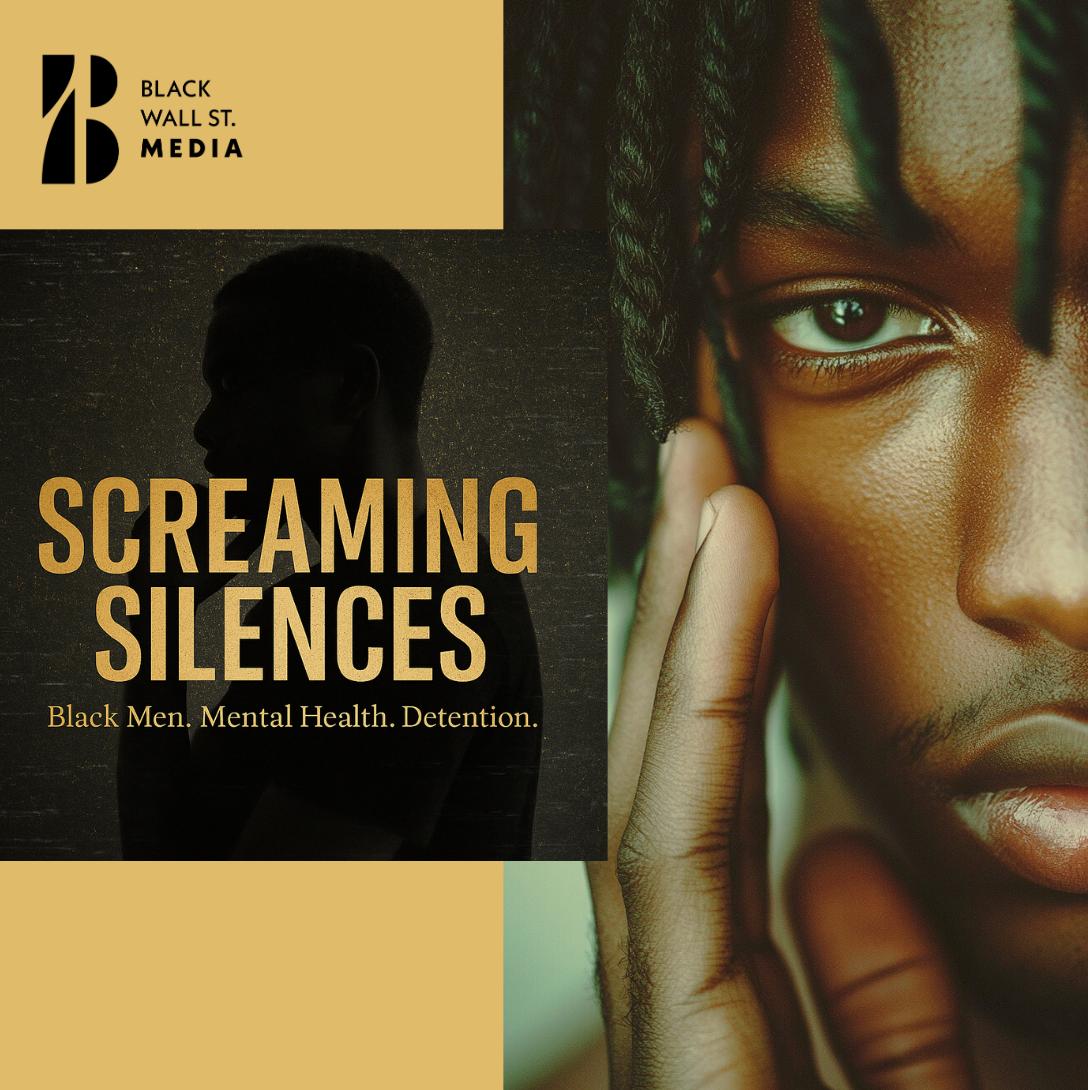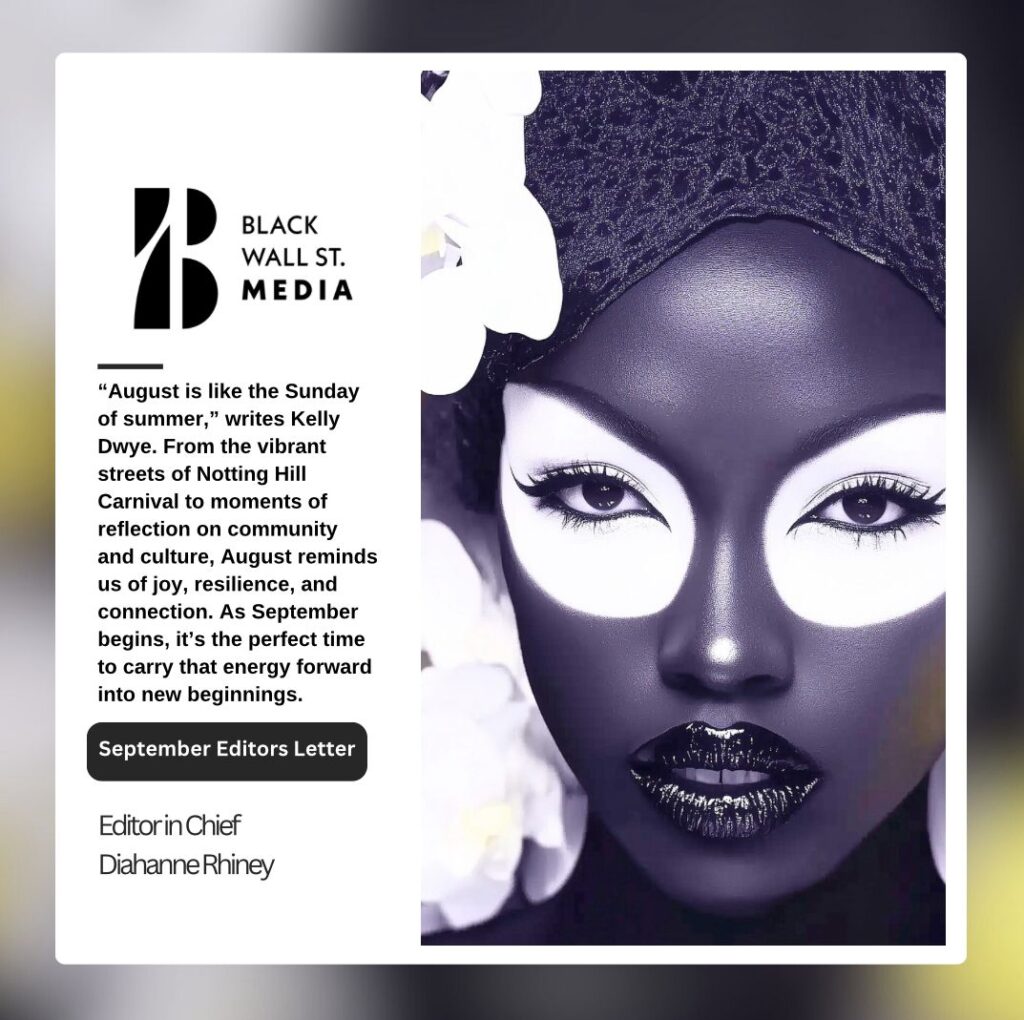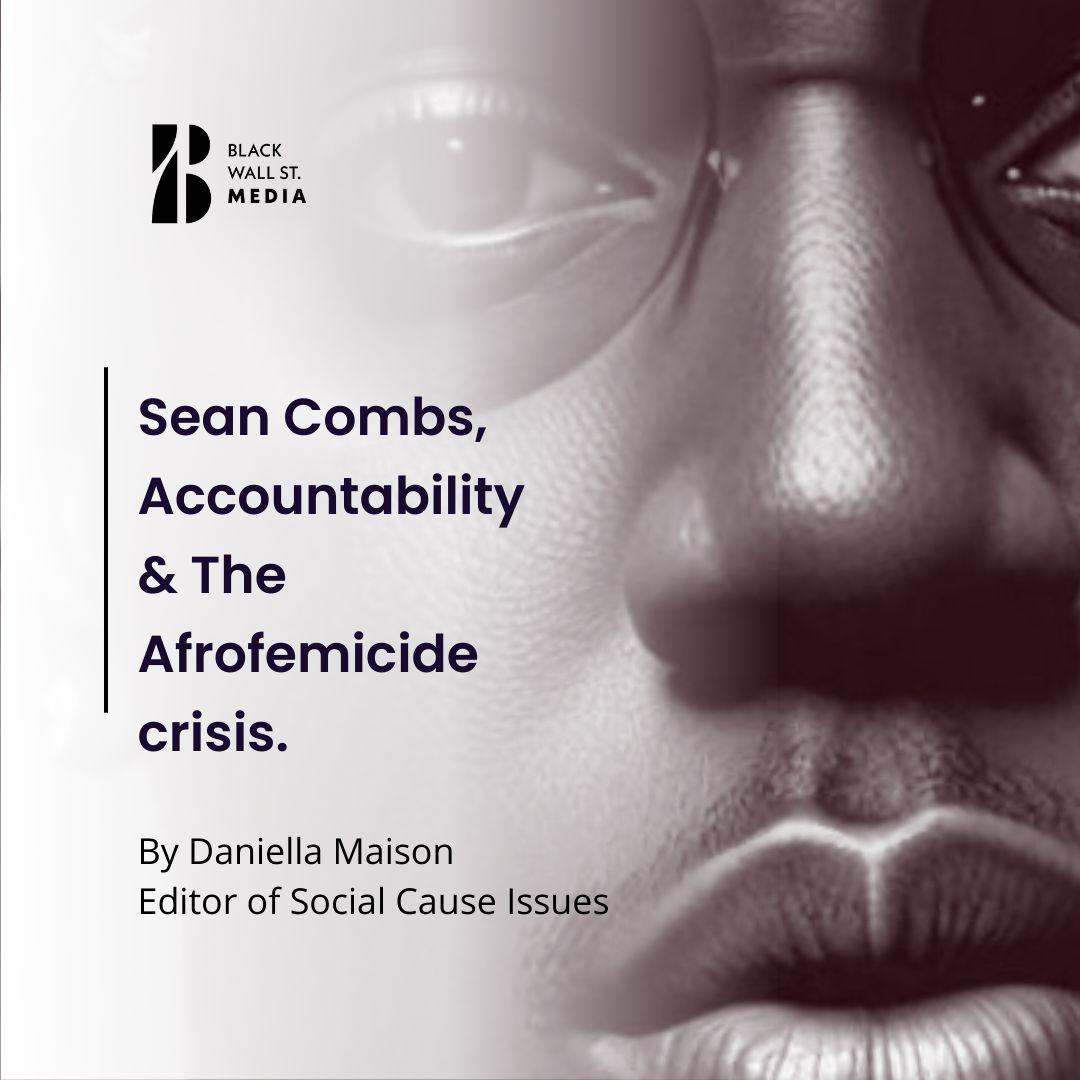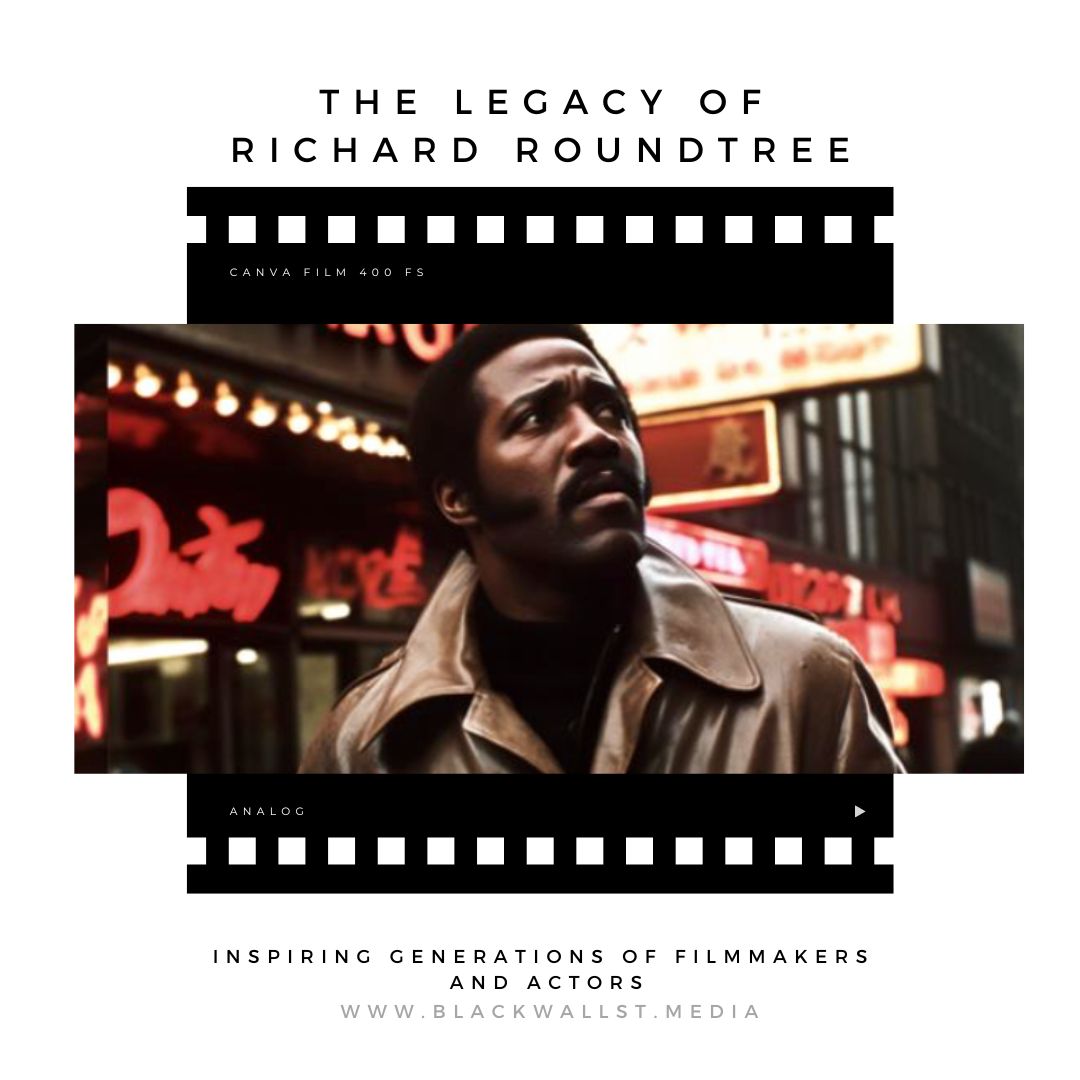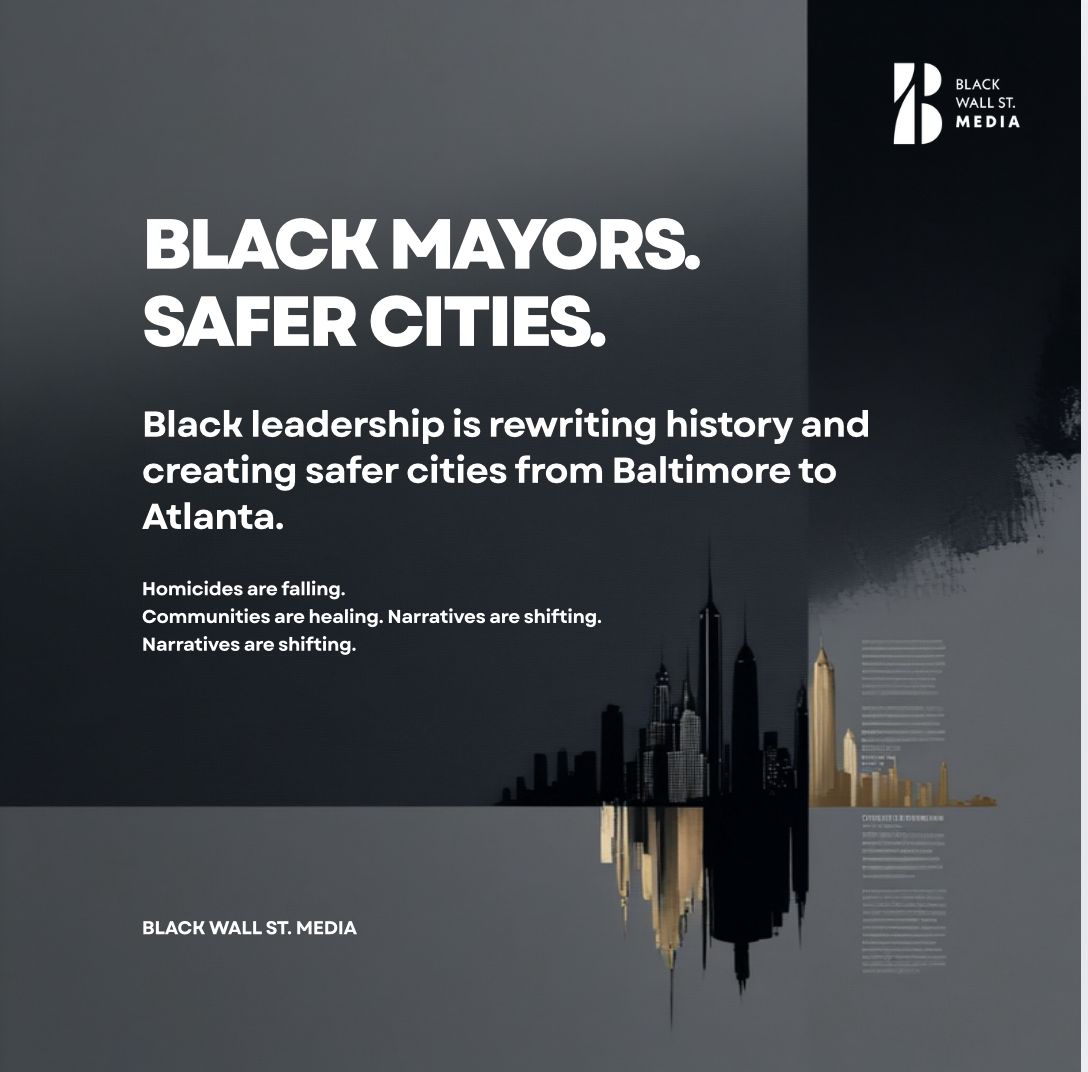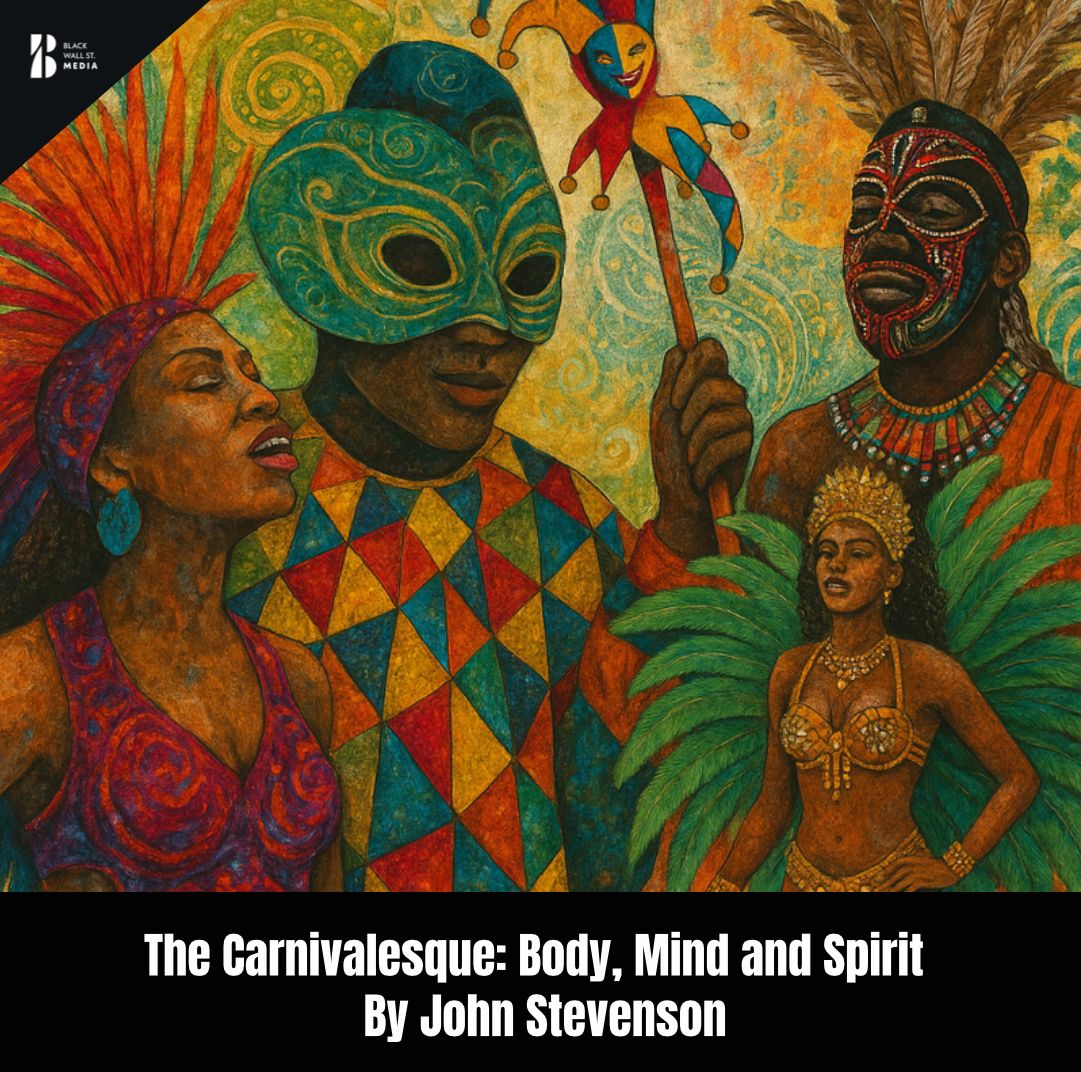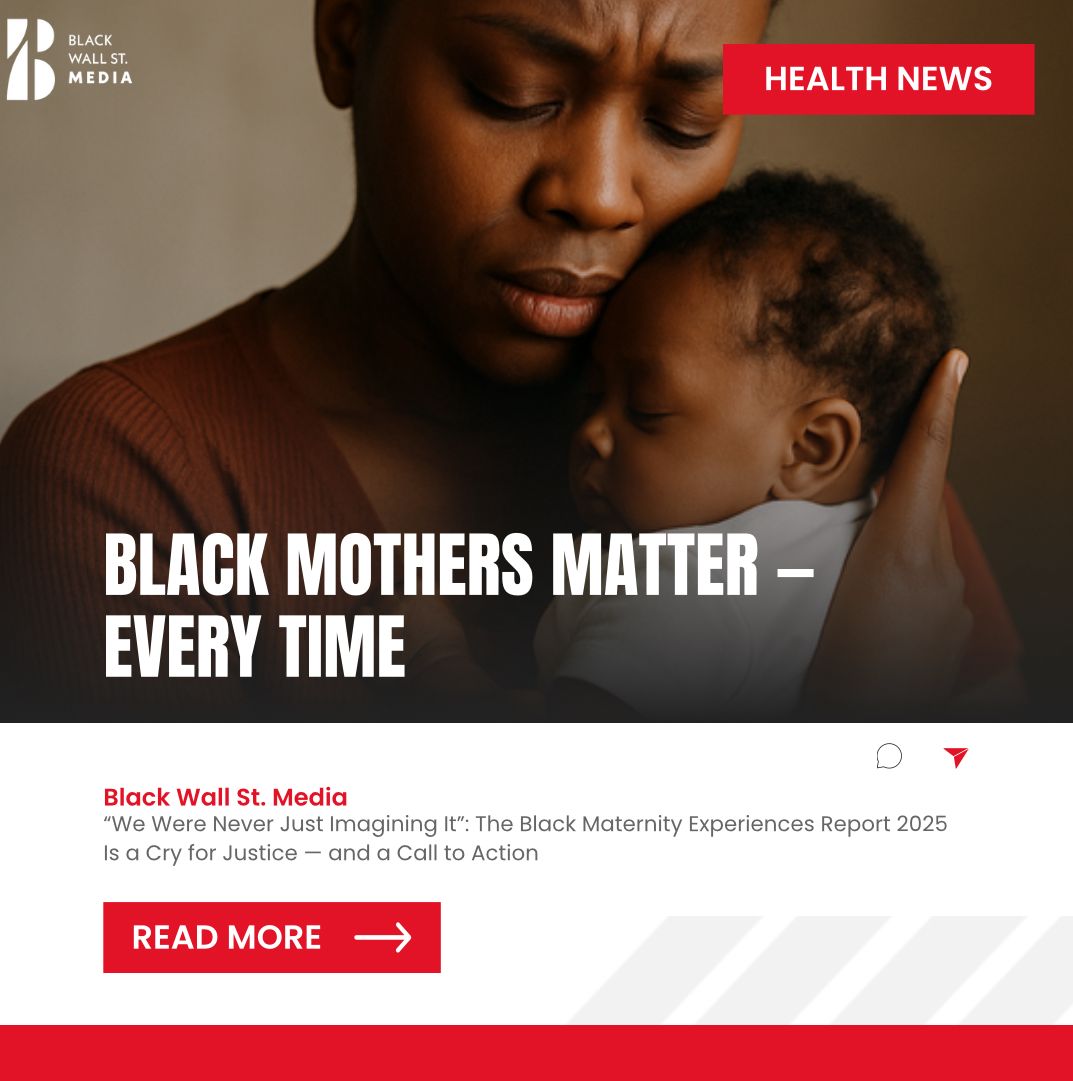Black Mental Health
Screaming Silences
“When Black men enter mental health services, they’re too often met not with care — but with control. This isn’t new. What’s new is that someone finally dared to name it, plainly.
A landmark study published in PLOS Mental Health breaks decades of silence. Co-produced with those most affected, it reveals a damning reality:
See it. Share it. Remember.”
BWSMCONTRIBUTOR
There are things we know — truths etched into our collective experience, heavy with memory and meaning.
And then there are things we pretend not to know — the quiet refusals, the wilful blindness that lets pain go unnamed, unchallenged.
 In Britain today, to be Black and male is still to live under suspicion. Suspicion not only from the cold eye of the law but from the very institutions meant to nurture, to heal, and to protect. The paradox is brutal and undeniable: the madness, it seems, is never found within the walls of the institution itself. No, the madness is always placed — as if by design — inside the man.
In Britain today, to be Black and male is still to live under suspicion. Suspicion not only from the cold eye of the law but from the very institutions meant to nurture, to heal, and to protect. The paradox is brutal and undeniable: the madness, it seems, is never found within the walls of the institution itself. No, the madness is always placed — as if by design — inside the man.
A new study dares to break this silence. It dares to tell the truth that so many have whispered but few have confronted: Black men are being locked up in the name of care, silenced and subdued by the cold, sterile hands of psychiatric power. This is a care that confines, not frees; that punishes, not protects.
And the true tragedy? It is not that this practice is new. No — it is that it has never been new. This is a story centuries old, written into the very blueprint of systems built to control and contain Black bodies rather than to celebrate or support them.
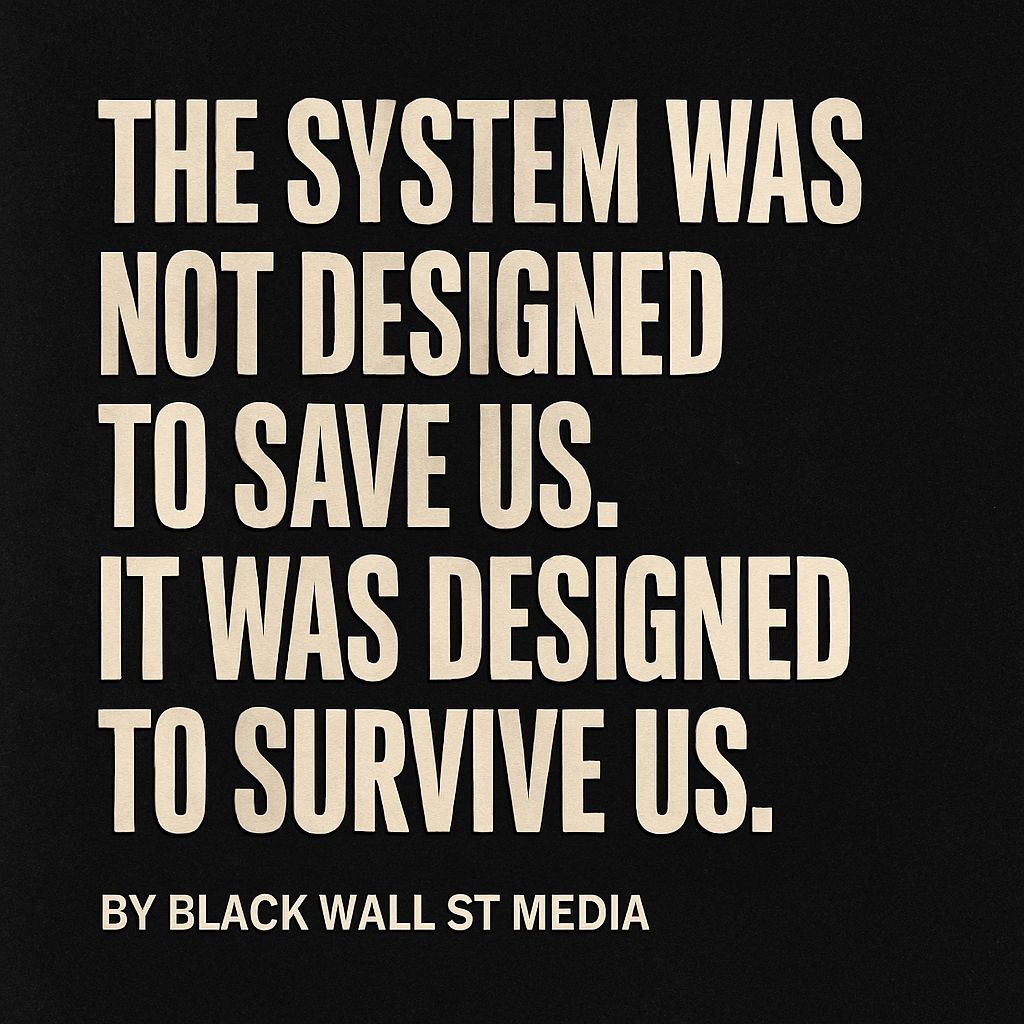
The System Was Not Designed to Save Us. It Was Designed to Survive Us.
Published in PLOS Mental Health, A Co-Produced Review of the Experiences of Black Male Detention Under Mental Health Legislation does what few have dared to do before: it listens. It listens deeply — not only to statistics, but to pain. To memory. To the ghosts who walk the corridors of psychiatric wards, the same ghosts who took our fathers, our brothers, our sons, and called it treatment.
This report does not soften the truth. It tells us plainly:
- Black men are over three times more likely to be detained under the Mental Health Act than their white counterparts.
- They are misunderstood, misdiagnosed, overmedicated, and far too often, forgotten.
- Their pain is pathologised, their faith dismissed as delusion, their humanity mistaken for threat.
This is not a broken system. This is a system working exactly as it was built to work — to control what it refuses to understand.
The Silences That Kill
But this review is not just a report. It is a mirror held up to a society that refuses to look. It is co-produced — meaning it is co-owned, co-written, and co-felt. It centers the voices that have always been present but never invited to speak.
It reveals what it calls “Screaming Silences” — truths so dangerous, so inconvenient, that the system buries them deep beneath layers of bureaucracy and denial.
Contextual Identity
The system reduces Black men to a single story — a dangerous stereotype that robs them of complexity, nuance, and humanity. They are seen as threats first, as people second. Their identity becomes a problem to erase rather than a culture to understand.
Culture, Spirituality & Religion
A man who prays in tongues is quickly labeled delusional. A man who calls on ancestors for healing is deemed unwell. In the sterile corridors of psychiatric clinics, there is no room for traditions that do not come from Oxford, Cambridge, or mainstream medical texts. The rich tapestry of Black spirituality is dismissed, pathologised, rendered invisible.
Power, Language & Communication
The language of care is twisted into a tool of control. Words become weapons, wielded by those in power. The patient becomes the problem, the system the judge. This is not science — it is a performance with a script already written, where the outcome is decided before the story even begins. The Black man, caught in this act, never stands a chance.
This Isn’t Just a Critique. It’s a Revelation.
What this research shows — what many of us have known in our bones for years — is this: you cannot heal what you refuse to see.
You cannot care for those you still fear.
And you cannot claim to save those you continue to silence.
We don’t need more panels. We don’t need more polite nods or empty promises.
What we need is courage — the courage to listen, to believe, and to act.
Six Things We Can Do — Now
Justice is not a distant ideal. It looks like this, right now, in these six urgent actions:
- Involve patients — Hear their stories. Believe their truths. Let them lead their own care.
- Challenge racism — Not with slogans, but with real, enforceable policy changes.
- Train staff — In cultural competence, anti-racism, and trauma-informed care.
Support carers — The families and communities who bear the weight of these experiences. - Audit, monitor, and be accountable — Transparency is a non-negotiable foundation for trust.
- Co-produce every step — Don’t speak for us. Work with us, side by side, to build systems that respect our humanity.
These are not lofty demands. They are the bare minimum we deserve in a country that dares to call itself just.
We’re Not Asking to Be Saved. We’re Demanding to Be Heard.
This work is not just research. It is testimony. It is grief. It is prophecy.
It is the echo of every Black man who walked into care and did not walk out whole.
It is the voice of mothers, of fathers, of friends and lovers — left to pick up the pieces, time and again.
And it is a warning:
Until we honour those voices, the silence will keep screaming.
Read the full study
A Co-Produced Review of the Experiences of Black Male Detention Under Mental Health Legislation
→ PLOS Mental Health

